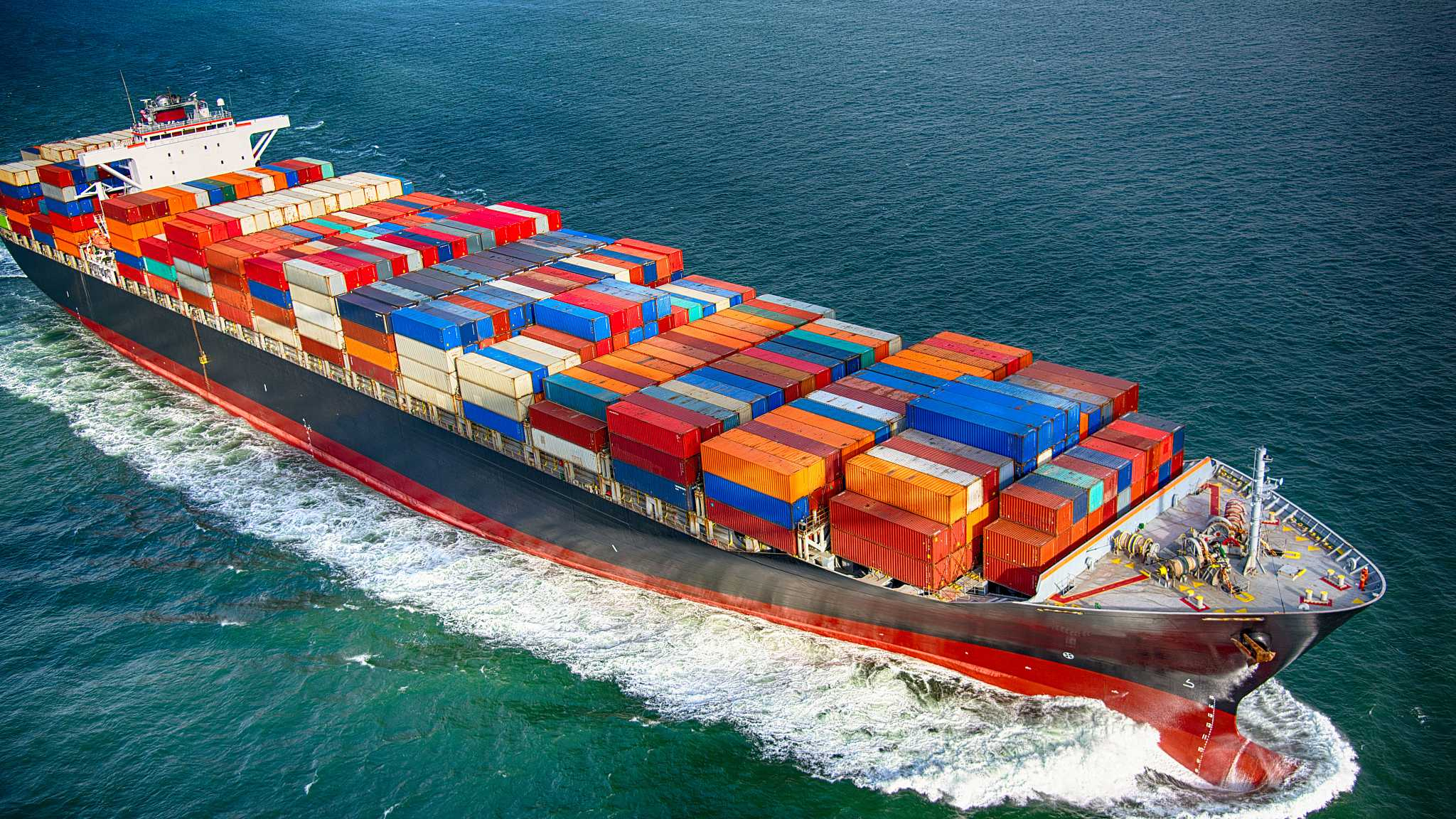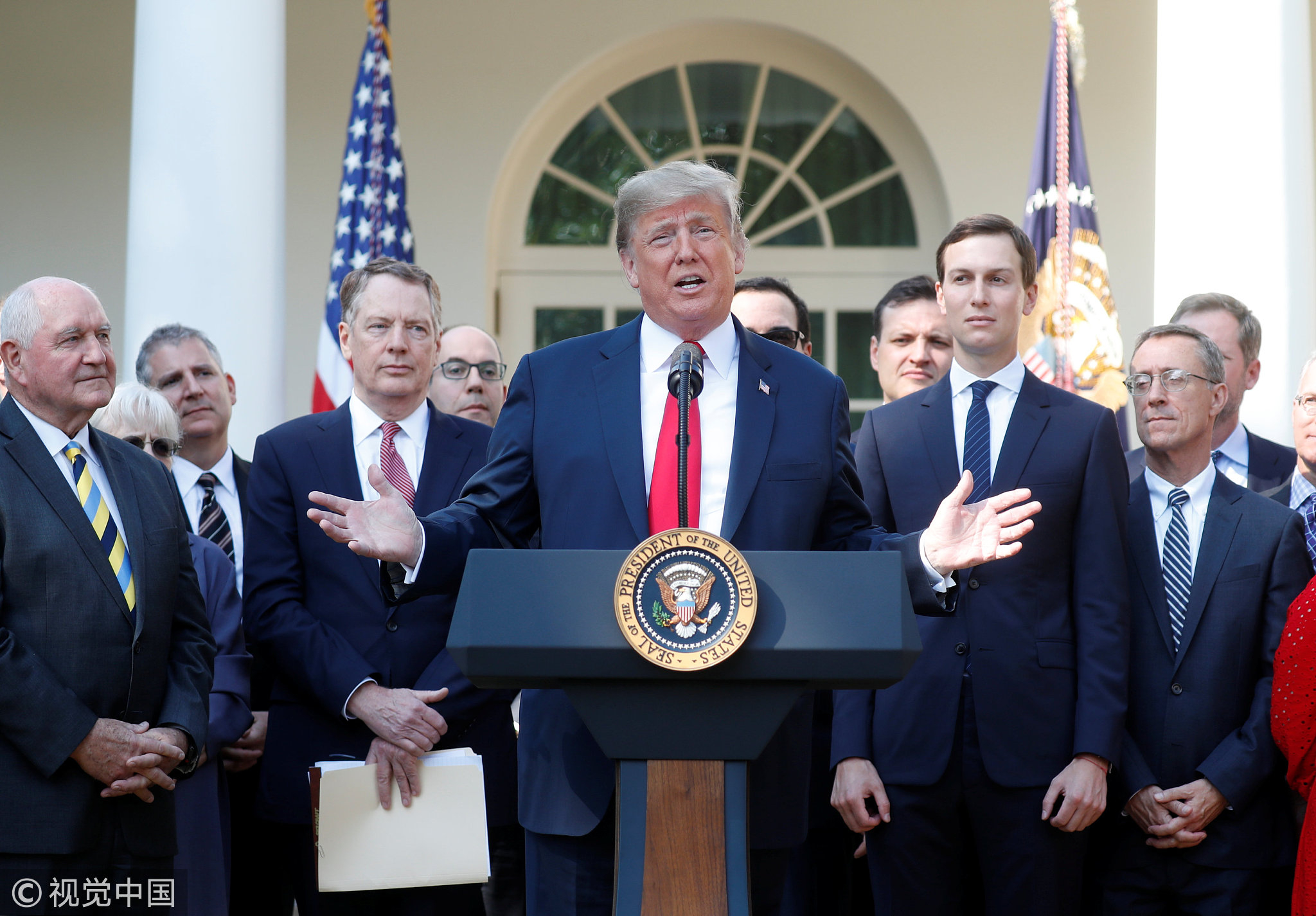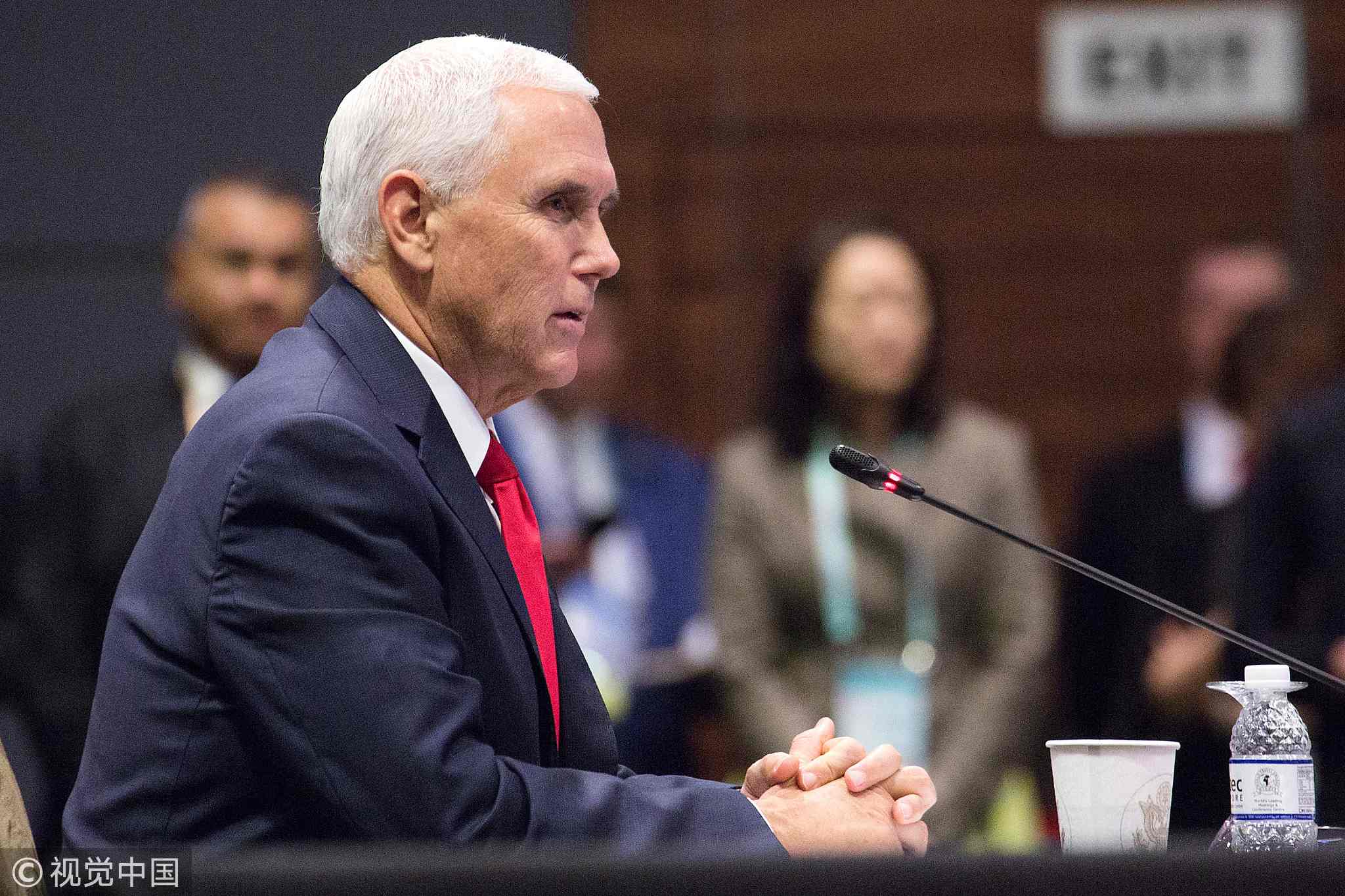
Opinions
12:18, 23-Nov-2018
Opinion: Can the G20 countries reach a trade consensus?
Updated
11:20, 26-Nov-2018
Ken Moak

Editor's note: Ken Moak, co-author of the 2015 book "China's Economic Rise and Its Global Impact," taught economic theory, public policy and globalization at the university level for 33 years. This article reflects his opinion, and not necessarily the views of CGTN.
Chinese President Xi Jinping will attend the G20 leaders' meeting in Buenos Aires, Argentina, which will be held from November 30 to December 1, according to China's Foreign Ministry on Friday. Xi will also pay state visits to Spain, Argentina, Panama and Portugal.
The theme of the 2018 G20 meeting is: Building Consensus for Fair and Sustainable Development, realizing a consensus on addressing today's issues - diversity, humanity, sustainable development, future work environment, infrastructure construction, and hunger – is key to achieve fair and sustainable development. However, the US-China trade war seems to be in the way, disrupting the global trade financial systems that could put the world economy and security at greater risk. The world is hoping the G20 meeting might be able to reach a consensus on trade and other issues.
However, that hope appears to have vaporized by U.S. Vice President Mike Pence' outburst that America will “not change course” unless China is meeting all of its demands: “unfair” trade practices; “aggression” in the South China Sea; “debt trap” diplomacy and a host of other Chinese “misdeeds” at the recent Asia Pacific Economic Cooperation Meeting held in Papua New Guinea. Pence did not mince words, making it clear that U.S. President Donald Trump will not compromise on U.S. demands to secure a truce or an end the U.S. -China trade war unless China “capitulates”.
For his part, Chinese President Xi Jinping is reaching out to Trump, sending a response to his demands and calling for dialogue in addressing the issues that caused the trade war. But Xi is also against unilateralism and trade wars, saying they hurt everyone, a direct and veiled attack on the U.S.

U.S. President Donald Trump delivers remarks on the United States-Mexico-Canada Agreement (USMCA) during a news conference in the Rose Garden of the White House in Washington, DC,U.S., October 1, 2018. /VCG Photo
U.S. President Donald Trump delivers remarks on the United States-Mexico-Canada Agreement (USMCA) during a news conference in the Rose Garden of the White House in Washington, DC,U.S., October 1, 2018. /VCG Photo
President Xi is right, U.S.-China trade is hurting both antagonists' economies and those of the world because of the U.S.-inspired global supply chain. For example, the trade war has reduced growth in the U.S. and China, “stressed” the S. Korean economy, sunk Japan's GDP in the 3rd quarter, stagnated EU economic growth, created an oil glut, and other global issues.
According to the International Monetary Fund (IMF), World Bank and other supranational organizations,
the trade war is destabilizing if not disrupting the global trade and financial systems and supply chain. If not ended, the U.S.-China trade war could push the world economy into a depression much more severe than that of the 1930s-era Great Depression. That assessment is supported by the majority of economists and history.
A replay of the Great Depression
The Great Depression was largely rooted in Western trade protectionism. Falling domestic economic growth and rising unemployment (due to 1920s industrial overcapacity and financial system breakdown) prompted the U.S. into passing the Smoot-Hartley Act in 1933. The Act imposed tariffs on thousands of imported goods, culminating in tit-for-tat and trade wars.
Trump's trade wars with China (and other countries) are a replay of the movie, but on a larger scale. Today's global economy is not only far bigger but also more intertwined than those of the 1930s. Sadly, the U.S. is not buying into the narrative, Trump saying trade wars are good and rejects globalism. For its part, the U.S. Congress seems to be on a mission to “destroy” China (and Russia).
In comes the G20
With the world's two largest economies sticking to if not hardening their positions, the world pins its hope on the G20 meeting to address global economic and geopolitical issues. The club of 19 of the world's largest economies plus the EU accounts for over 85 percent, 80 percent and 67 percent of the global economy, trade, and population respectively. It has the “muscles”, all it needs is the “will” to do so. Or more specifically, the US becoming more “flexible” in its “America First” policy.

U.S. Vice President Mike Pence speaks during the 6th ASEAN-US Summit on the sidelines of the 33rd Association of Southeast Asian Nations (ASEAN) Summit and Related Meetings in Singapore, November 15, 2018. /VCG Photo
U.S. Vice President Mike Pence speaks during the 6th ASEAN-US Summit on the sidelines of the 33rd Association of Southeast Asian Nations (ASEAN) Summit and Related Meetings in Singapore, November 15, 2018. /VCG Photo
Though established in 1999 as a forum for world leaders to discuss and improve world economic and geopolitical problems, it was not until 2008 that former US President Barack Obama announced the G20 was to replace the G7 as a formal gathering of leaders to discuss and improve the global economic, financial and trade systems. It held an inaugural meeting in Washington in the same year.
Reaching a consensus on trade (and other) issues is easier said than done
However, the G20 club is a widely diversified organization composing of countries of various sizes and stages of development, each of which is determined to safeguard its own interests which often collide with the others. For example, U.S. President Donald Trump's “America First” policy of imposing tariffs on imports to bring back manufacturing back to America is risking the trade system and hurting the economies of “friends” and “foes” alike.
His vice president's “my way or no way” position leaves little room for compromise. U.S. Trade Representative Robert Lighthizer is echoing Pence's hardline stance, saying that China did not change its trade practices, suggesting the trade war with China might escalate. Finally, Trump is not backing off from his harsh demands, albeit he is softening his anti-China rhetoric and excluding his trade czar Peter Navarro from the negotiating table in Argentina.
China would unlikely meet all of Trump's demands, particularly those that weaken the country's development and governance architectures.
Worsening U.S.-China relations precluded the 21 leaders from issuing a communique at the end of the Asia Pacific Economic Cooperation meeting. The G20 could meet the same fate, the leaders may not reach a consensus on trade issues, condemning the world to a prolonged period of economic instability.
(If you want to contribute and have specific expertise, please contact us at opinions@cgtn.com.)

SITEMAP
Copyright © 2018 CGTN. Beijing ICP prepared NO.16065310-3
Copyright © 2018 CGTN. Beijing ICP prepared NO.16065310-3